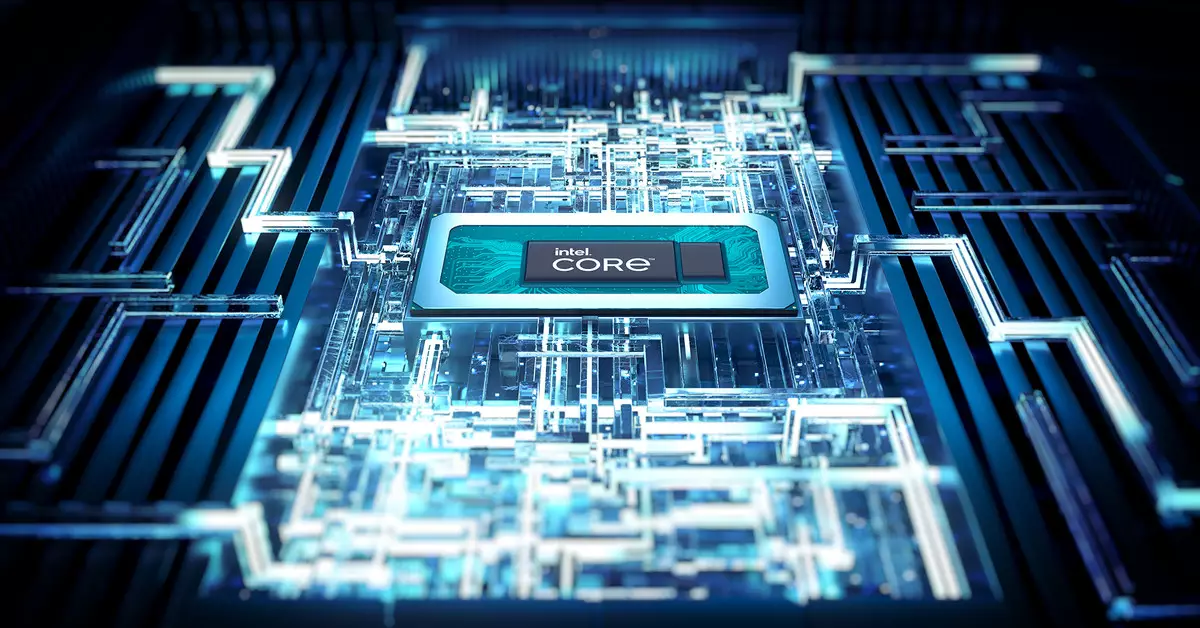Intel has recently confirmed that their 13th and 14th Gen laptop chips are not susceptible to the same instability issue that has affected 24 different flagship desktop chips. The company claims that these laptop chips are definitely not affected by the too-high voltage issue, which Intel is now referring to as “Vmin Shift Instability.”
While Intel is still investigating the root cause of the crashes and instability issues, their spokesperson, Thomas Hannaford, has stated that laptop chips are essentially not affected at all. This confirmation comes after concerns were raised by a game developer, Alderon Games, regarding potential issues with laptop chips. In addition to this, Intel has also stated that many desktop chips are not affected by the specific voltage issue. Specifically, 13th and 14th Gen i5 chips that are not part of the K-series, i3 chips, and Xeon chips are claimed to be unaffected.
Intel has provided a list of products that are not affected by the Vmin Shift Instability issue. This list includes 12th Gen Intel Core desktop and mobile processors, Intel Core 13th and 14th Gen i5 (non-K) & i3 desktop processors, Intel Core 13th and 14th Gen mobile processors (including HX-series processors), Intel Xeon processors (including server and workstation processors), and Intel Core Ultra (Series 1) processors.
While most Intel Core 13th and 14th Gen desktop processors are not impacted by the Vmin Shift Instability issue, Intel recommends that all users continue following guidance. This includes ensuring that the system is running with the latest BIOS updates, following Intel’s Default Settings recommendations for their Intel Core 13th and/or 14th Gen desktop processors, and staying informed about how to update BIOS through Intel’s Compatibility Tool and/or their motherboard manufacturer’s website.
Intel has also reassured users that their future chips, including those on the new Arrow Lake and Lunar Lake architectures coming this fall, will not be affected by the Vmin Shift Instability issue. The company has stated that they will ensure that future product families are protected against this issue as well.
It is recommended that users ensure they have BIOS updates installed to reduce the potential for their i9, i7, or K-series i5 desktop CPU to be permanently damaged. If the CPU is already damaged, users should immediately contact Intel or their PC builder to get it replaced. Most PC makers are offering a two-year warranty extension on the CPU issue and are honoring it. If any issues arise with honoring the warranty extension, users are advised to contact the respective PC maker for assistance.


Leave a Reply